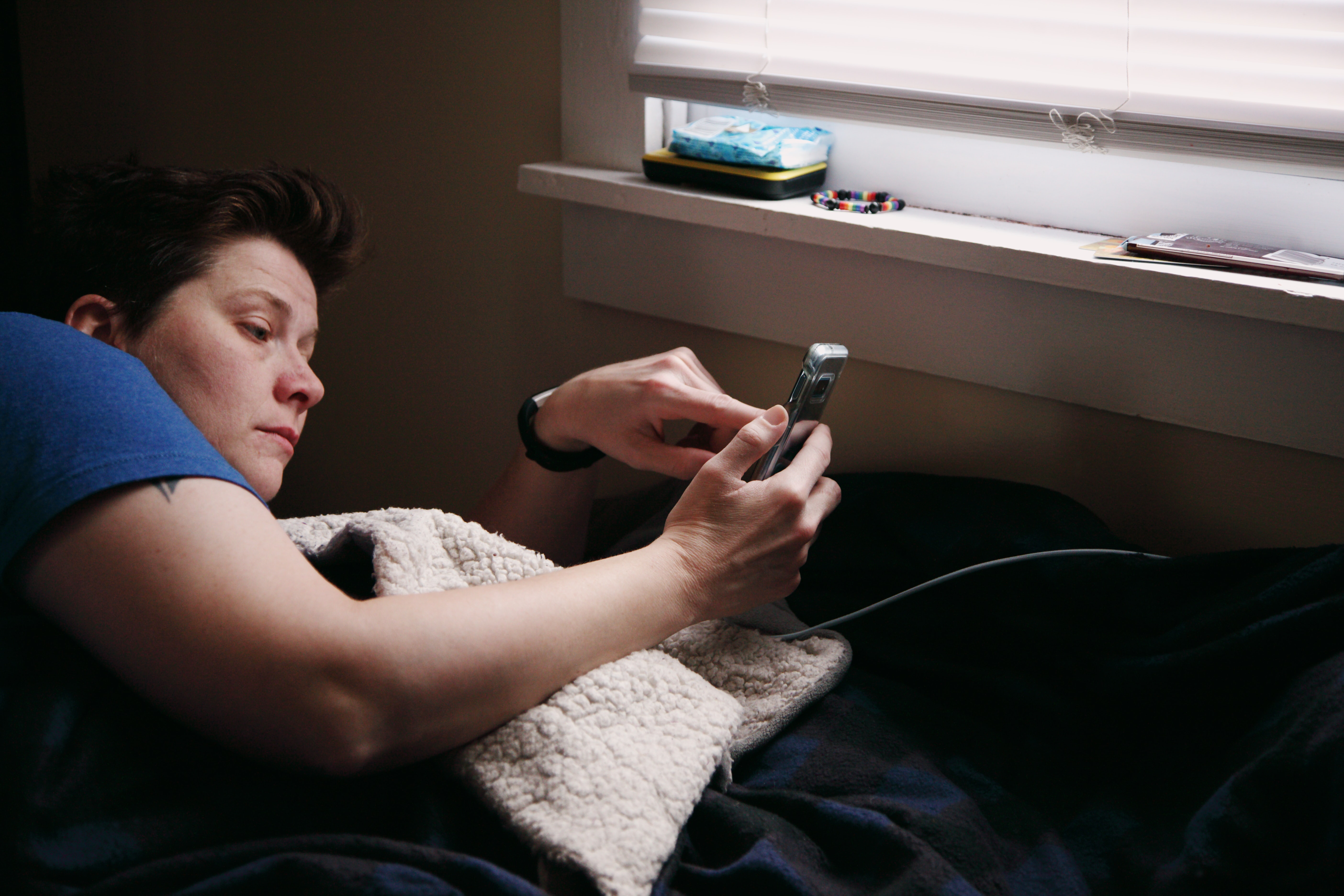News release
From:
Automated texting system for at-home monitoring of COVID-19 patients shown to save lives
Patients enrolled in COVID Watch were 68 percent less likely to die from COVID-19
Abstract: https://www.acpjournals.org/doi/10.7326/M21-2019
URL goes live when the embargo lifts
A retrospective cohort analysis found that an algorithm-based automated text messaging system saved a life twice a week during the first wave of the COVID-19 pandemic and overall, the patients who enrolled in that system were 68 percent less likely to die than those not using it. These reduced mortality rates were the same for all major racial and ethnic subgroups enrolled in the program. The findings are published in Annals of Internal Medicine.
Modeled after a system developed by a team at Penn Medicine to keep tabs patients with chronic obstructive pulmonary disease (COPD), the text messaging system, called COVID Watch, used text messages to monitor symptoms and symptom severity in patients quarantined at home with COVID-19. Those with concerning conditions were escalated to a small team of health care providers to determine next steps for care, including hospitalization, if needed.
Researchers from the University of Pennsylvania enrolled 3,488 patients in COVID Watch and 4,377 in the usual care group to compare outcomes at 30 days. They found that 3 patients in COVID Watch group died within 30 days of their enrollment compared to 12 in the control group. At 60 days after enrollment, 5 people within COVID Watch died compared to 16 not using the system. They also found that more than one third of the deaths in the usual care group occurred outside the hospital versus none among those in COVID Watch. Patients in the COVID Watch cohort also were more likely to present to the hospital, and they presented an average of 2 days earlier than those in usual care.
According to the study authors, the benefits seen by COVID Watch patients potentially could be explained by increased access to and use of telemedicine and more frequent and earlier trips to the hospital when symptoms worsened. The COVID Watch team plans to see if the approach can be applied to helping people with other conditions manage their health at home.



 International
International



